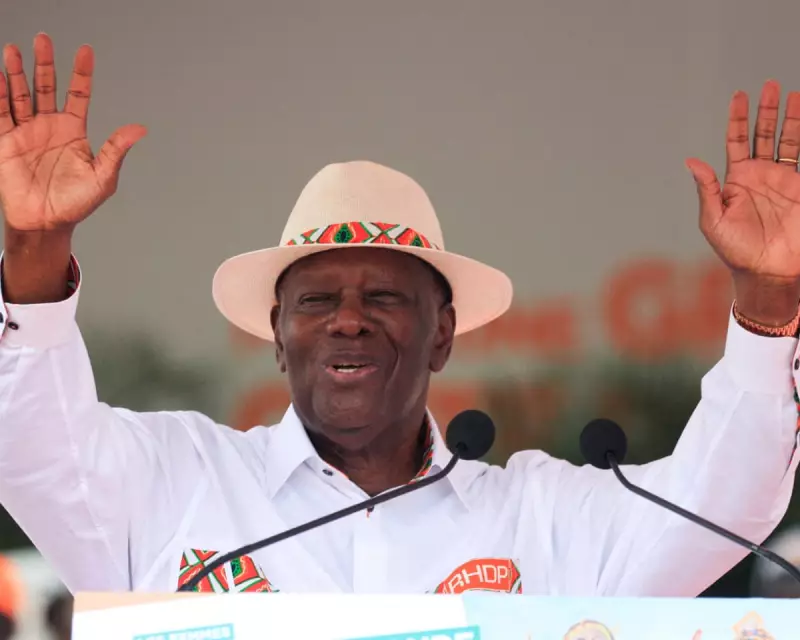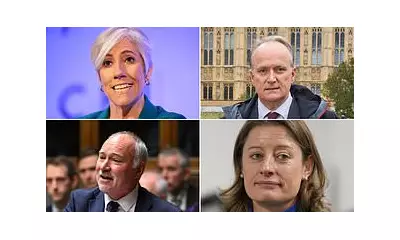
President Alassane Ouattara has secured a resounding victory in Ivory Coast's presidential election, claiming a fourth term that extends his political dominance over West Africa's economic powerhouse. The controversial win comes amid a widespread opposition boycott and historically low voter turnout.
Overwhelming Mandate Amid Political Turmoil
According to provisional results from the Independent Electoral Commission, the 82-year-old leader captured approximately 94% of the vote. This landslide victory positions Ouattara to continue his leadership of the world's top cocoa producer for another five years, despite mounting concerns about democratic norms in the region.
The election was marred by the absence of major opposition candidates, who collectively withdrew from the race citing fundamental concerns about the electoral process's fairness and transparency.
Opposition Boycott and Voter Apathy
Leading opposition figures, including former president Henri Konan Bédié and ex-prime minister Pascal Affi N'Guessan, urged their supporters to shun the polls entirely. Their call appears to have resonated strongly with the electorate, with initial estimates suggesting voter turnout plummeted to just 52% - a significant drop from previous elections.
This political standoff has reignited tensions in a nation still healing from the violent aftermath of the 2020 presidential election, which claimed dozens of lives and left the country deeply divided.
International Scrutiny and Regional Implications
The election has drawn intense international attention, with observers from the African Union and ECOWAS closely monitoring proceedings. Many Western nations had expressed hope for a peaceful and inclusive process that would strengthen democratic institutions across West Africa, where recent military coups have threatened regional stability.
Ouattara's supporters argue that his continued leadership provides essential economic stability and maintains Ivory Coast's position as one of Africa's fastest-growing economies. Under his administration, the country has experienced consistent GDP growth and significant infrastructure development.
Constitutional Controversies and Future Challenges
The president's decision to run for a fourth term has sparked constitutional debates. Ouattara maintains that a 2016 constitutional reset allowed him to restart his term count, though critics argue this interpretation stretches democratic principles to their breaking point.
As celebrations begin among ruling party supporters in the commercial capital Abidjan, the nation faces the formidable challenge of reconciling deep political divisions and addressing the concerns of a significant portion of the electorate who feel disenfranchised by the current political process.
The coming weeks will prove crucial in determining whether Ouattara's administration can bridge these divides and maintain the fragile peace that has characterized much of his decade-long rule.





